Women played an extraordinary role in the years before and after Ireland's 1916 Rising. These rebel women were teachers, actresses, fundraisers, nurses.
But many came from educated wealthy backgrounds, and their involvement in the struggle for Irish freedom required they give up the comforts of their class, the respect of their peers, and, at times, even be shunned by family and friends.

Table of Contents
- Five Dark Secrets Of An Irish Governess
- The Gifford Family
- 1. Sewing The Seeds Of Rebellion
- 2. Making An Impression On The Children:
- 3. "Let Boys Be Boys":
- 4. And A Little Child Shall Lead Them
- 5. Support For A Free Ireland
- Petticoat Rebels of 1916: Extraordinary Women in Ireland's Struggle for Freedom:
- Other Irish Books
In today's guest post, Brighid O'Sullivan explores the influence of Irish governesses on these Anglo Irish ladies who took up Ireland's cause.
And so I hand you over to Brighid as she explores .....
Five Dark Secrets Of An Irish Governess
Irish governesses had the eyes and ears of the next generation, unbeknownst to their Anglo Irish parents who often had very little contact with their very impressionable offspring.
The nursery was in an upper floor of the house and it was the governess' role to spend all her waking hours with the children. She bathed and fed them. She cared for them in illness, read stories to them at bedtime, and taught them what she knew.
Every Anglo-Irish boy and girl began their education at the knee of his or her governess. It was her influence that impressed the first notions of Irishness on her innocent and vulnerable subjects.
Irish songs and stories filled their dreams to the delight of their imaginations along with tales of evictions and famine, or the first-hand relation of an experience or tragedy experienced personally. This is one of the places where the Gaelic Revival and the seeds of rebellion were implanted on the Irish heart, often simultaneously.
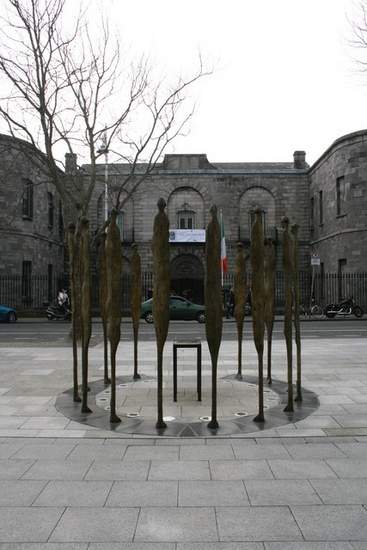
The Gifford Family
Protestant, Isabella and Catholic, Frederick Gifford had twelve children. Each of their five daughters rebelled against colonialism and British rule in Ireland.
Helen Ruth (Nellie) carried dispatches and food during the Easter Rising. She also opened an employment agency in Dublin when Irish men returned from England to escape conscription into the British army.
Both Grace and Muriel married men who were executed in 1916. Sidney who used the pen name John, traveled to America where she reported abuses by the British government against the Irish.
All twelve of the children had the same governess growing up, Bridget Hamill.
1. Sewing The Seeds Of Rebellion
Nellie Gifford recalled the voice of her governess, singing songs about revolutionaries like Robert Emmet and Owen Roe O'Neill, as well as teaching her bits of Irish and Gaelic phrases.
Bridget secretly gave presents to the children bought with funds from their meager allowances. One was a large yellow handkerchief. In the four corners were printed a question, its answer and two curses. It was a poem about Owen Roe O'Neill, the last Gaelic Prince of Ireland.
Nellie did not know at the time that Thomas Davis, a leader of the Young Irelanders, wrote the poem and little did Bridget know that in one way or another, each of the Gifford girls would be involved in Ireland's Revolution.

2. Making An Impression On The Children:
With soft blue eyes and a plump figure, Bridget wore stockings with a rainbow of bands in five different colors. This must have made the children laugh and left an indelible memory on Nellie and her siblings.
During the children's baths, she called them her Irish stew, giving each child the name of a vegetable. Bridget was fun.
3. "Let Boys Be Boys":
There was strong discipline in the Gifford household for how else could a nursemaid keep order over 12 children? Still, Bridget saw the need for children to be children.
She took them to the park and allowed them to climb trees, pick berries, and help a local farmer. These were not activities an Anglo-Irish parent would have encouraged.
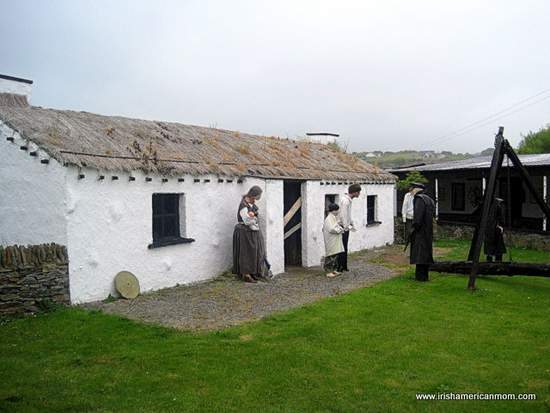
4. And A Little Child Shall Lead Them
Who better to sow the seeds of discontent with British occupation of Ireland than one so loved? A nursemaid from the rural parts of Ireland would have had a tale or two of personal tragedy to tell to her impressionable charges.
One can only wonder at the outrage and shock of a child when he learned that someone would dare level a house or evict the family of his beloved nursemaid.

5. Support For A Free Ireland
The Catholic Church supported a free Ireland and Bridget likely was Catholic.
While the British papers were referring to the Easter Rising as a mere skirmish with Sinn Féiners, a bishop said a mass for those who died in what he referred to as "the war." This was well before what we know as the War of Independence.

Petticoat Rebels of 1916: Extraordinary Women in Ireland's Struggle for Freedom:
This guest post is an excerpt from Brighid O'Sullivan's new book: Petticoat Rebels of 1916 Extraordinary Women in Ireland's Struggle for Freedom
It's on sale until March 26th. You can also follow her blog Celtic Thoughts for more Irish history.
A big thank you to Brighid for her contribution today, especially since the 100th anniversary of the 1916 Easter Rising will be commemorated this week.
Other Irish Books
If you're interested in other books set in Ireland or featuring the Irish in America, here are a few more recommendations to check out...
The Secrets of Roscarbury Hall
Thanks for following my recipes and ramblings.

Slán agus beannacht,
(Goodbye and blessings)
Mairéad -Irish American Mom
Pronunciation - slawn ah-gus ban-ock-th
Mairéad - rhymes with parade
Here are some more ramblings you might find interesting....
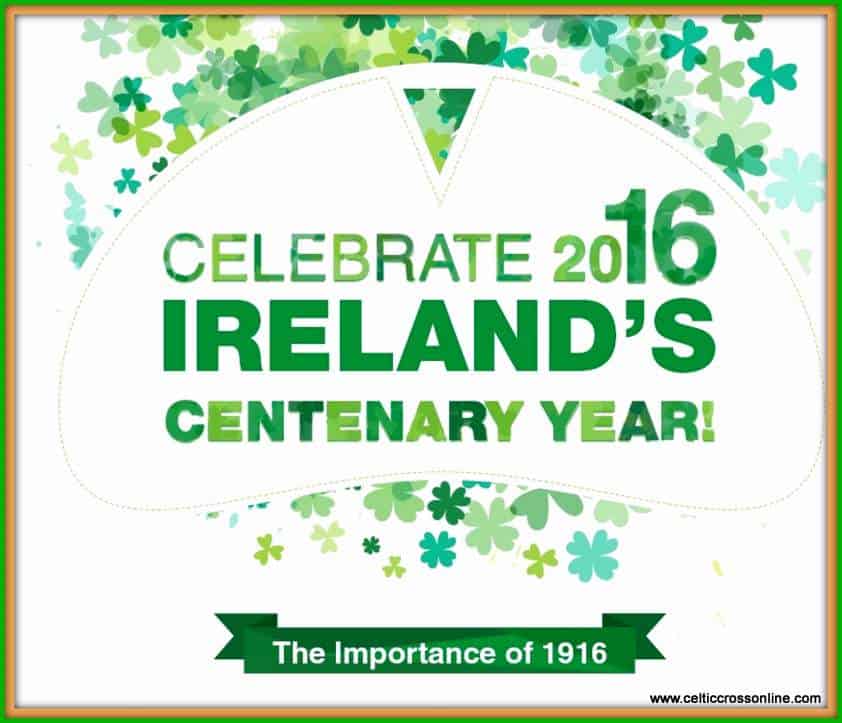


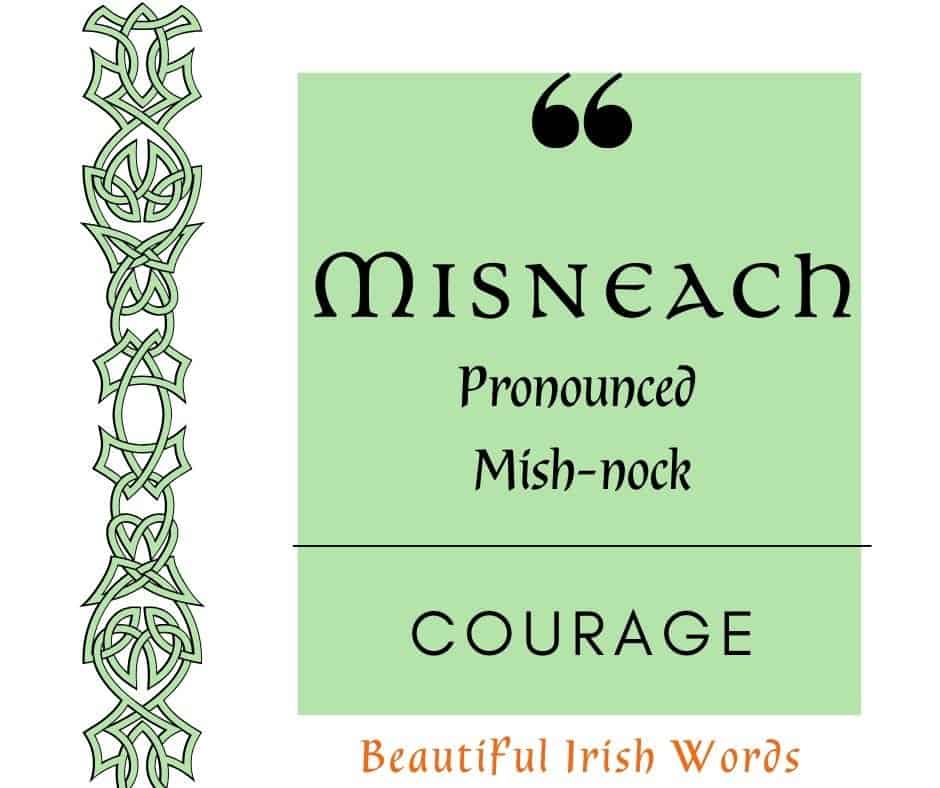





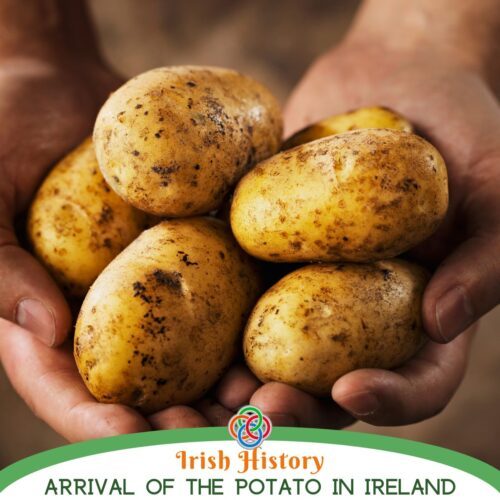







Jim
Very interesting post. It stands to reason that young Anglo Irish women who supported Irish freedom were influenced by sources outside their own circles. Thanks for posting.
Irish American Mom
Hi Jim - I thought the ideas in this guest post were very thought provoking too. The Gifford sisters' connections with the leaders of the 1916 Rising becomes more understandable when the influence of an Irish governess is considered.
Best wishes,
Mairéad
irishnannie
This is very thought provoking and so interesting...the effect of an Irish governess...such irony...
God bless you and thank you, Mairead*!
Irish American Mom
Hi Irishannie - I'm so glad you found this post interesting. Thanks for stopping by.
All the best,
Mairéad